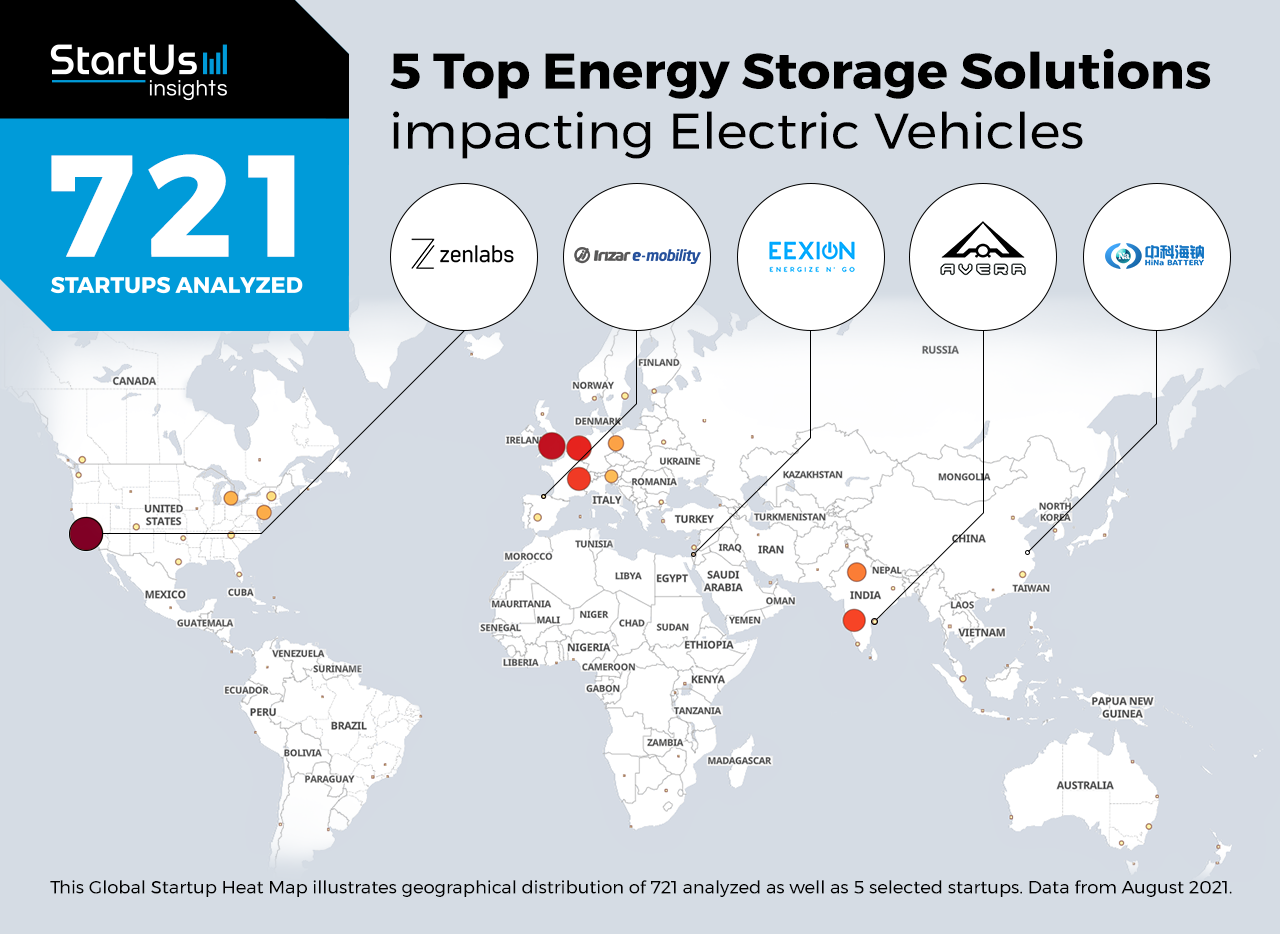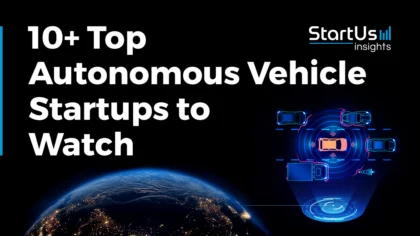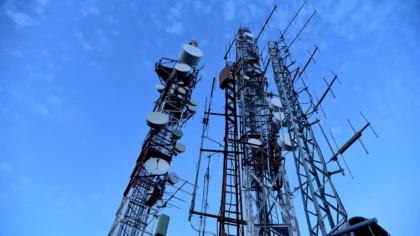Staying ahead of the technology curve means strengthening your competitive advantage. That is why we give you data-driven innovation insights into the mobility industry. This time, you get to discover 5 hand-picked startups developing energy storage solutions for Electric Vehicles.
Global Startup Heat Map highlights 5 Top Energy Storage Solutions impacting Electric Vehicles out of 721
The insights of this data-driven analysis are derived from the Big Data & Artificial Intelligence-powered StartUs Insights Discovery Platform, covering 2.093.000+ startups & scaleups globally. The platform gives you an exhaustive overview of emerging technologies & relevant startups within a specific field in just a few clicks.
The Global Startup Heat Map below reveals the distribution of the 721 exemplary startups & scaleups we analyzed for this research. Further, it highlights 5 mobility startups that we hand-picked based on criteria such as founding year, location, funding raised, and more. You get to explore the solutions of these 5 startups & scaleups in this report. For insights on the other 716 energy storage solutions impacting electric vehicles, get in touch.
Irizar e-mobility offers Modular Battery Solutions
Depending on the scenario, different vehicles have different power requirements. Electric vehicles in particular have specific battery power requirements. For instance, an electric bus requires larger batteries with slow discharge rates, while e-bikes need batteries that recharge quickly. Because of this, startups develop modular battery solutions that cater to different vehicular requirements.
Spanish startup Irizar e-mobility manufactures modular EV batteries in three variants. Energy Pack is a slow charging option. It allows vehicles to travel a maximum number of kilometers and complete operations with a single daily charge. Nano Pack is a fast-charging battery providing a balance between vehicle range and charging capacity. It is ideal for mixed operations, where the vehicle has sufficient battery life to operate during peak hours. Power Pack is an option for 24/7 vehicle operation with charging up to 600 kW. Additionally, a cooling system that optimizes battery life promotes driving in different weather conditions.
Zenlabs provides Silicon Anodes for Electric Vehicle Batteries
While internal combustion (IC) engines refuel in a matter of minutes, EVs take significantly longer. In the case of EVs, recharging is a time-intensive process because of the complex battery chemistries. To address this, startups engineer solutions that decrease EV recharge time. For example, using silicon anodes ensures that these batteries have a good cycle life and a low recharge time.
US-based startup Zenlabs develops EV batteries with silicon anodes. Called Range, its product is a high energy density cell, utilizing a silicon-based anode. The cells have an energy density of 640 Wh/L and an operating temperature of 30-52° Celsius. Each charge lasts for a comparable time as a traditional gas fill-up to capacity. Additionally, using silicon-based anodes ensures that cycle life remains consistent.
HiNa Battery Technology develops Sodium-Ion Batteries
Lithium-ion batteries are expensive and fall prey to overheating and combustion risks. However, they power a majority of technology including EVs. To create safer and more cost-effective batteries, startups work on alternative battery chemistries. For example, sodium-ion batteries are cheaper than their lithium-ion counterparts while providing comparable levels of power.
Chinese startup HiNa Battery Technology develops sodium-ion-based batteries for electric vehicles. These batteries promote higher energy and power density and are fully recyclable. The startup equips a range of electric vehicles with sodium-ion-powered batteries, including bicycles, motorcycles, and cars. Further, the startup develops solutions for industrial and residential energy storage using sodium-ion batteries.
EEXION manufactures Supercapacitors for e-Mobility
The electrochemical properties of batteries limit their ability in several ways. Besides charging time constraints and risks associated with overheating, EV batteries require separate infrastructure for charging. Thus, startups develop alternatives to battery technology in order to power EVs. For example, supercapacitors power vehicles and recharge at a faster rate while also being fully recyclable.
Israeli startup EEXION develops supercapacitors for EVs. Its energy storage product, Energize-N’-Go, is a cell that overcomes the typical limitations of EV batteries. The supercapacitor-based cells recharge within minutes and have long lifespans of 30 years. Furthermore, these cells are fully recyclable and have a near-infinite number of charge-discharge cycles.
AVERA designs Lithium Iron Phosphate Batteries
EVs typically utilize lithium nickel manganese cobalt oxide (NMC) batteries. However, these batteries face several challenges in powering EVs. The most prominent of these is long charging times. To tackle this issue, startups develop alternate battery chemistries that charge at a faster rate. For example, lithium iron phosphate batteries provide rapid charging times and discharge at a comparable rate to NMC.
Indian startup AVERA engineers lithium iron phosphate batteries for EVs. The battery cells achieve high energy densities with a self-contained and fail-safe architecture pack design. Along with a patented liquid cell submerged cooling technology, the batteries offer both range and power. The batteries charge at wall sockets and, the EVs feature a single-push ignition switch, reducing time spent on idle.
Discover more Mobility Startups
Mobility startups such as the examples highlighted in this report focus on the Internet of Things, Electrification, Smart Infrastructure as well as Micromobility. While all of these technologies play a major role in advancing the mobility industry, they only represent the tip of the iceberg. To explore more mobility technologies, simply get in touch to let us look into your areas of interest. For a more general overview, you can download our free Mobility Innovation Report to save your time and improve strategic decision-making.









